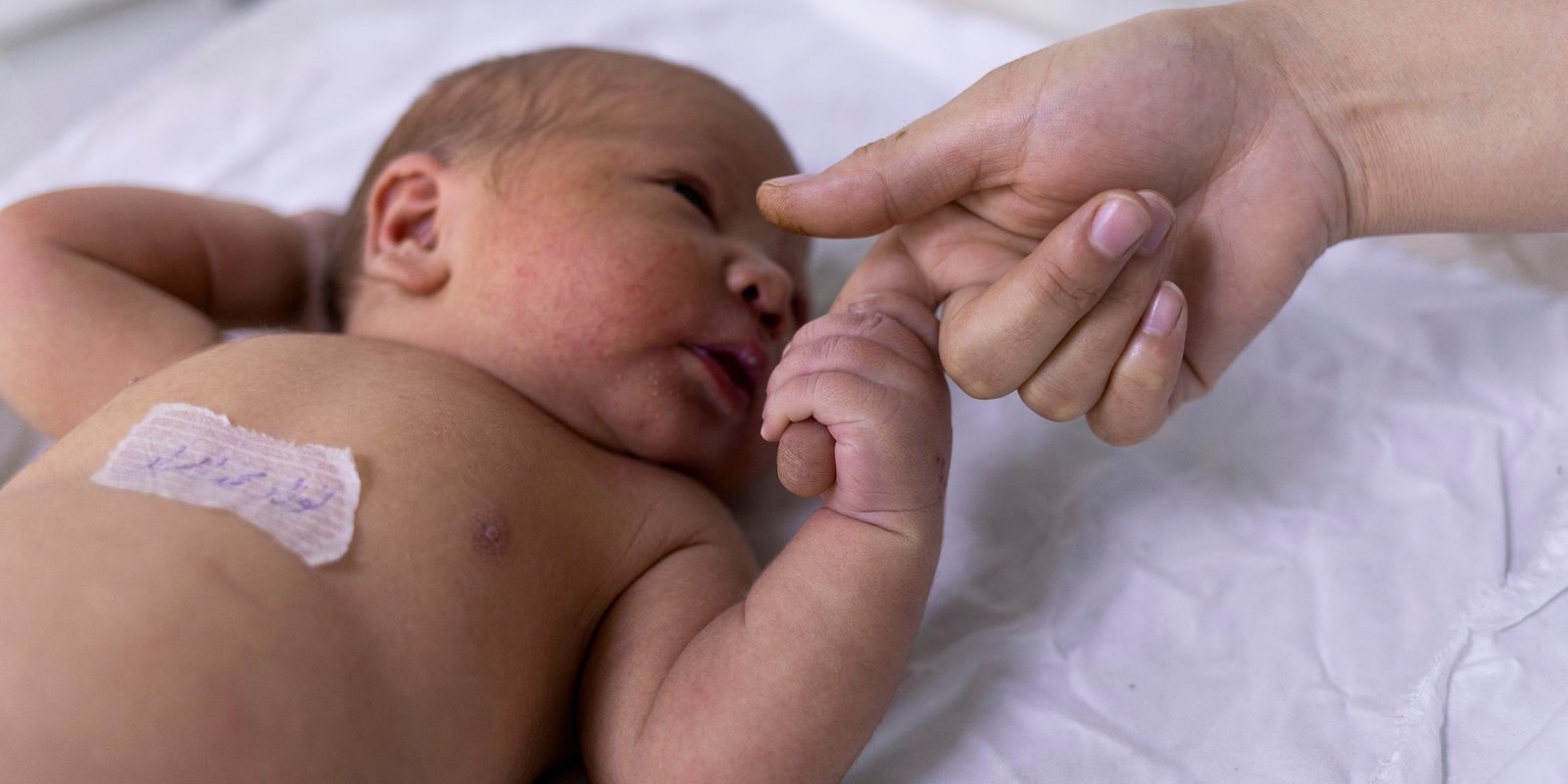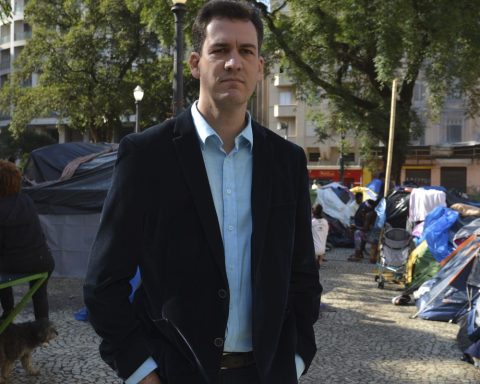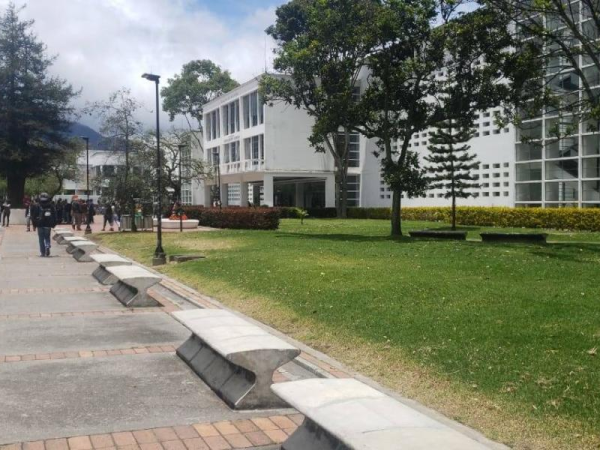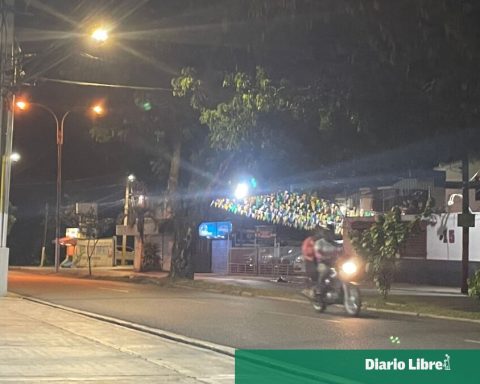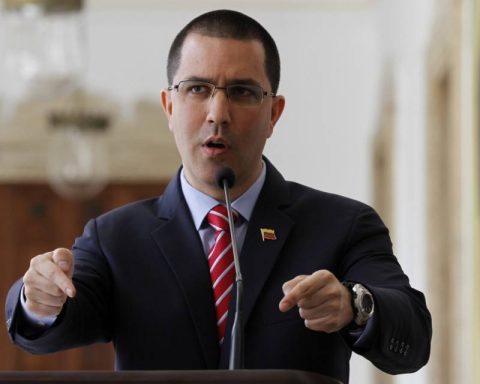Bronchiolitis is a word that sends shivers down the spines of many mothers and fathers. One day, the baby starts to have a runny nose, cough, and everything seems to be just a cold. But suddenly, breathing becomes difficult, with wheezing in the chest. These are the main indications that the bronchioles, the narrowest airways in the lungs, are inflamed, a condition that can quickly worsen.
Although it is more common in winter, bronchiolitis is not caused by the cold, as many people think, but by infectious agents, which circulate more during this period. And one of them, with a difficult name, stands out: the respiratory syncytial virus, or RSV. Currently, RSV is the main cause of hospitalization and death of young children due to complications after flu symptoms in Brazil, the so-called Severe Acute Respiratory Syndrome.
According to data from Fiocruz’s Infogripe platform, as of July 20, there were more than 22,000 cases in children up to 2 years of age. And, unfortunately, almost 200 of them died. Infogripe researcher Tatiana Portella points out that there was an increase this year. In the same period in 2023, around 1,500 fewer cases were recorded in this age group. But Tatiana points out that although bronchiolitis is well-known to families and pediatricians, it was only after the COVID-19 pandemic that more widespread viral testing in patients with respiratory syndrome became common. Then, RSV began to appear with more expressive numbers.
“If you look at the historical series of hospitalized cases of RSV, it seems that there were few cases. But the truth is that it didn’t matter and no one knows how many cases there were at that time. And also during the pandemic, for several diseases, knowledge was very low and since everyone was left in the dark, this ended up breaking the cycle of other diseases, including RSV.”
There is currently no vaccine for children against RSV. However, Anvisa has authorized the use of a vaccine in Brazil for pregnant women, specifically to protect babies, since the antibodies are passed on to the fetus. And in early July, pharmaceutical company Pfizer requested that the National Commission for the Incorporation of Technologies into the SUS evaluate the inclusion of the vaccine in the National Immunization Program. The Ministry of Health did not say when this request will be analyzed. Pfizer also said that the vaccine should reach private clinics this semester.
Pfizer’s medical director in Brazil, Adriana Ribeiro, explains that the vaccine was 82% effective in preventing serious forms of illness in babies up to 3 months old.
“The vaccine continues to provide protection up to six months of age in 69%. It is sustainable over time. More than 7,000 pregnant women from 18 research centers around the world were vaccinated, four of which were here in Brazil. There were no unexpected side effects and the most common adverse events, which were very easy to manage, were pain at the site of infection, headache and muscle pain.
Pfizer’s vaccine has also been authorized for use in the elderly. And data from Infogripe shows that RSV is also an important infection in this age group: this year alone, there have been almost 800 cases of severe acute respiratory syndrome with a positive diagnosis for RSV among people over 65 years of age. The number already exceeds the number of cases from the entire last year. And as of July 20, 202 elderly people had succumbed to complications. There is already another vaccine available for this group in Brazil, but for now, only in the private sector. Lessandra Michelin, medical leader at the pharmaceutical company GSK, says that prevention in this group can also prevent other problems, in addition to respiratory syndrome.
“78% of the population over 60 years of age have a comorbidity. So, generally, when we get an RSV infection, this comorbidity decompensates. If a person is diabetic, their diabetes decompensates. People with heart failure decompensate. So, the virus does not only affect the lungs, today it ends up decompensating the body as a whole and affects other organs as a result.”
The president of the Brazilian Society of Immunizations, Mônica Levy, explains that the analysis for including vaccines in the SUS Calendar weighs not only the risk of the disease, but also the cost-benefit of the vaccine and the impact of its application on public health. Therefore, she believes that prevention for babies will be discussed with greater priority. But other groups should also be considered.
“Among the elderly, there are those who have a much higher risk, those with chronic cardiopneumopathies. This, in fact, greatly increases the risk of RSV leading to death.”
Mônica also adds that the SUS offers another prevention option for highly vulnerable cases: the so-called monoclonal antibodies, which help the body fight the virus in case of infection. However, in the SUS, they are only administered to extremely premature babies and babies with certain specific diseases. The medicine can also be requested from health insurance plans, or purchased with a special medical prescription.
Listen on Radioagência:
Editing: Sayonara Moreno / Pedro Lacerda
